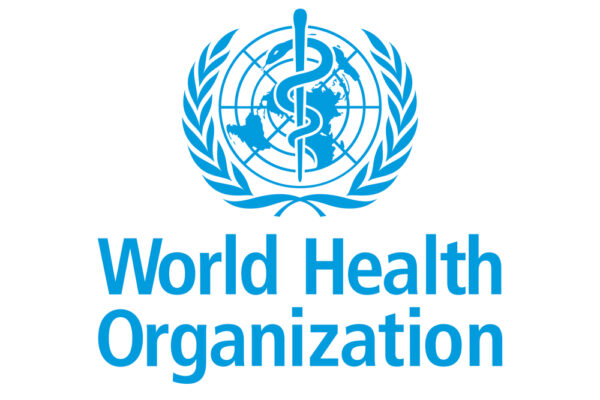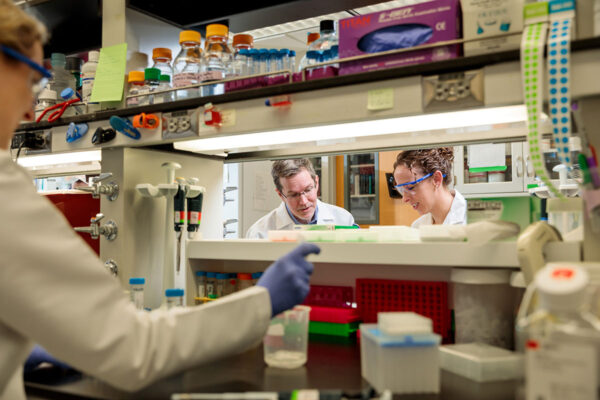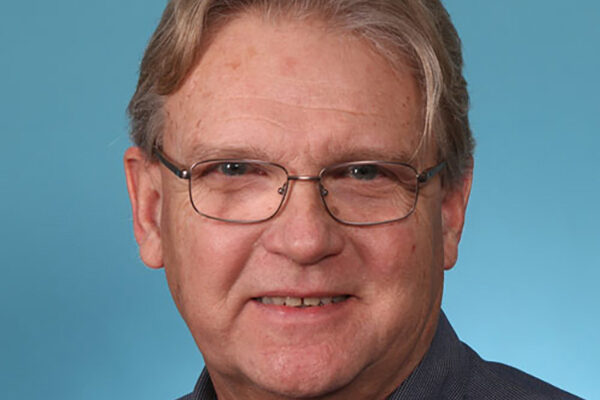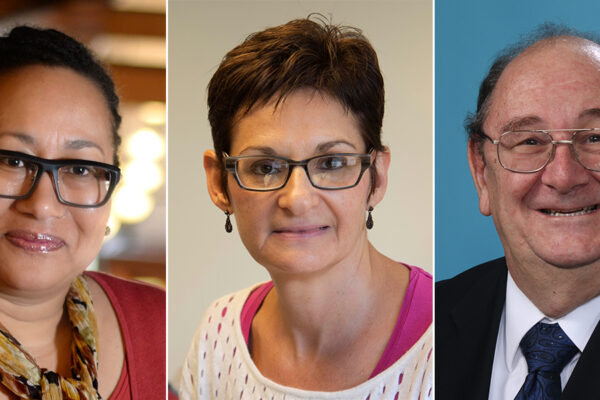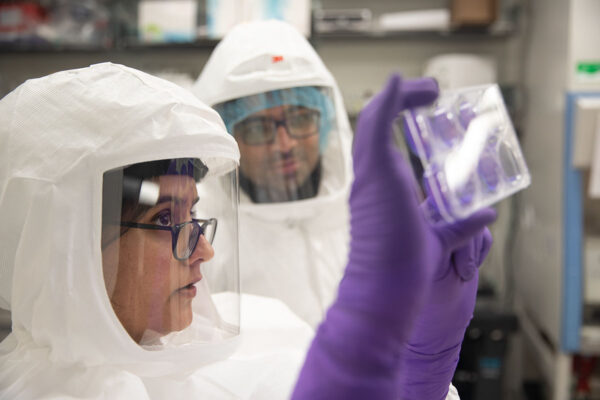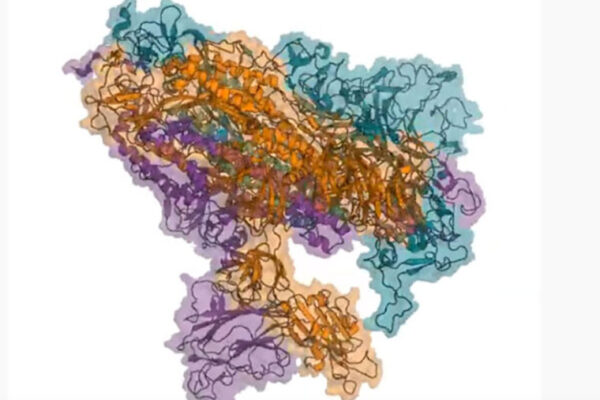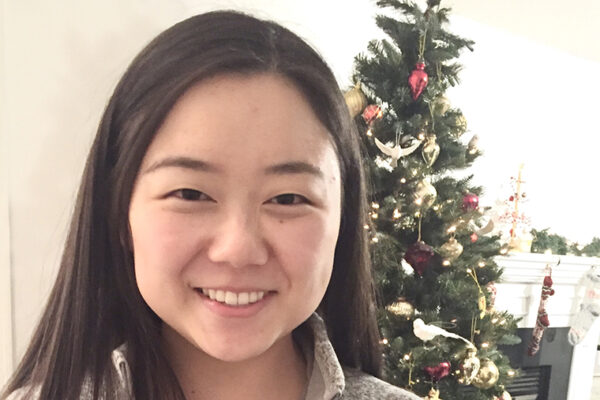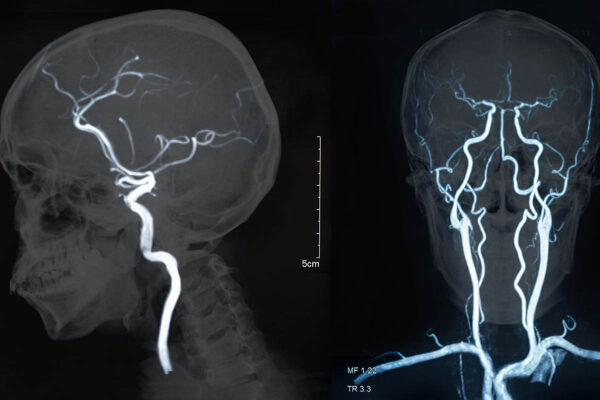WashU Expert: America gains nothing by leaving WHO
President Trump’s recent announcement to suspend funding to the World Health Organization is “counter to our interests in addressing our needs to save the lives and further the health of Americans, as well as an abandonment of America’s position as a global leader,” says the director of Washington University’s Institute for Public Health.
Experimental drug shows early promise against inherited form of ALS, trial indicates
An experimental drug for a rare, inherited form of amyotrophic lateral sclerosis (ALS) has shown promise in a phase 1/phase 2 clinical trial conducted at Washington University School of Medicine and other sites.
Ferguson receives award from blindness-prevention organization
Thomas A. Ferguson, professor of ophthalmology and visual sciences at Washington University School of Medicine in St. Louis, has received a Research to Prevent Blindness Stein Innovation Award.
Davis, Luby receive 2020 faculty achievement awards
Adrienne Davis and Joan Luby will receive Washington University in St. Louis’ 2020 faculty achievement awards, Chancellor Andrew D. Martin announced. Also, Douglas F. Covey will be honored for innovation.
Study to examine social media’s effects on stress during COVID-19 pandemic
Researchers at Washington University School of Medicine in St. Louis and Georgia Tech are leading a study using computer algorithms to identify stressors on social media linked to the COVID-19 pandemic.
Effort to screen potential COVID-19 antiviral drugs underway
The School of Medicine’s Jennifer A. Philips, MD, PhD, has set up a screening platform to test compounds for activity against the COVID-19 virus. Her lab has screened dozens of compounds and is prepared to accept more suggestions of promising candidate molecules.
Folding@home’s fight against COVID-19 enlists big tech, gamers, pro soccer
The crowdsourced supercomputing project Folding@home, based at the School of Medicine, shifted focus months ago to coronavirus research. Now, units at Washington University and elsewhere, individuals and companies have joined the effort.
Obituary: Momoko Oyama, medical school student, 24
Momoko Oyama, a Washington University graduate on the verge of beginning her third year of medical school at the university, died Sunday, June 14, 2020, at her campus apartment in St. Louis. The cause of death is not yet known. Oyama, who had planned to become a neonatologist, was 24.
Cordell Institute receives Microsoft Fellowship grant
The Cordell Institute for Policy in Medicine & Law has received a $100,000 grant from Microsoft Corp. to hire a fellow to work on the institute’s Cloud Civil Liberties Project.
Stroke survival rates worse in rural areas, study says
An interruption in blood flow to the brain causes a stroke. A new study from Washington University School of Medicine in St. Louis reveals that stroke care in rural areas lags significantly behind that available in urban centers.
View More Stories
